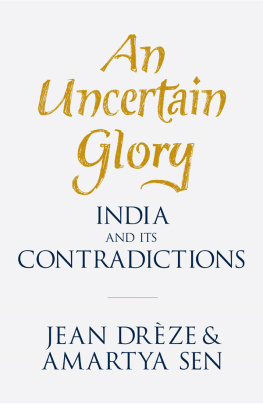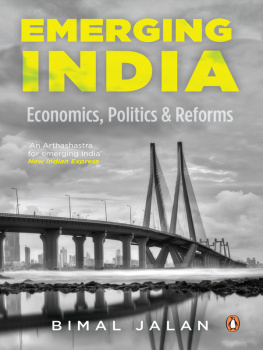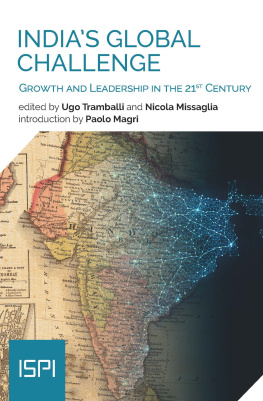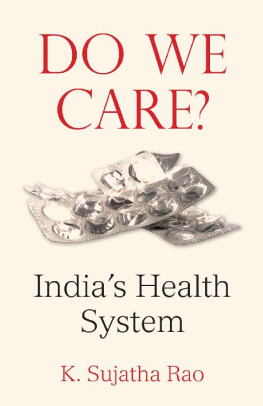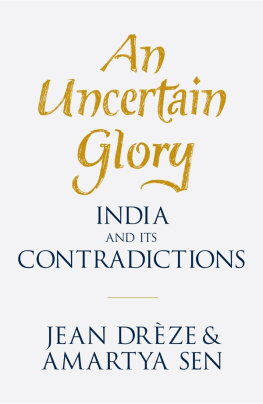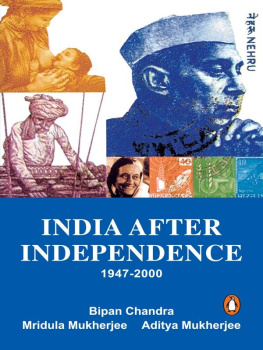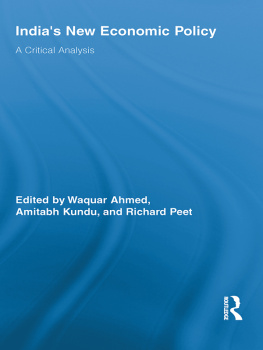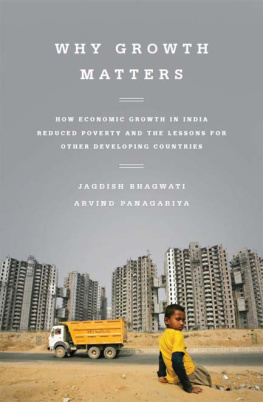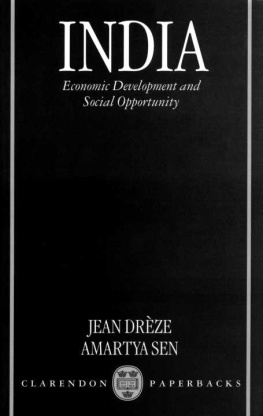ALLEN LANE
Published by the Penguin Group
Penguin Books Ltd, 80 Strand, London WC2R 0RL , England
Penguin Group (USA) Inc., 375 Hudson Street, New York, New York 10014, USA
Penguin Group (Canada), 90 Eglinton Avenue East, Suite 700, Toronto, Ontario, Canada M4P 2Y3 (a division of Pearson Penguin Canada Inc.)
Penguin Ireland, 25 St Stephens Green, Dublin 2, Ireland (a division of Penguin Books Ltd)
Penguin Group (Australia), 707 Collins Street, Melbourne, Victoria 3008, Australia (a division of Pearson Australia Group Pty Ltd)
Penguin Books India Pvt Ltd, 11 Community Centre, Panchsheel Park, New Delhi 110 017, India
Penguin Group (NZ), 67 Apollo Drive, Rosedale, Auckland 0632, New Zealand (a division of Pearson New Zealand Ltd)
Penguin Books (South Africa) (Pty) Ltd, Block D, Rosebank Office Park,181 Jan Smuts Avenue, Parktown North, Gauteng 2193, South Africa
Penguin Books Ltd, Registered Offices: 80 Strand, London WC2R 0RL , England
www.penguin.com
First published 2013
Copyright Jean Drze and Amartya Sen, 2013
The moral right of the copyright holders has been asserted
Lettering by Stephen Raw
All rights reserved
Typeset by Jouve (UK), Milton Keynes
ISBN: 978-1-846-14762-3
Contents
Preface
This book goes to press at a time of considerable stir in Indian society and politics. There are many discussions and debates about the countrys policy priorities, involving a great diversity of participants and viewpoints. Lively arguments and agitations have also developed around a wide range of issues that had been neglected for a long time, such as corruption, administrative failure, capital punishment, violence against women and democratic reforms. There are also spirited arguments about Indias economic achievements and failures.
This abundance of questioning and arguing, facilitated by a vibrant media and robust democratic institutions, can be a great strength for the country. It is compromised, however, by a powerful bias in public discussions towards focusing mainly on the lives and concerns of the relatively privileged, including not only the very privileged but also others who are not right at the top but are certainly much more privileged in affluence, education, health care, cultural opportunities and social standing than the bulk of the Indian people. The issues that affect the lives, and even survival, of those who have been comprehensively left behind tend to receive remarkably little attention.
It is a very positive development that violence against women has, at last, become a big political issue in India, starting with the public outrage that followed a horrific incident of gang-rape in December 2012. The debate around this issue has drawn attention to many aspects of gender discrimination (including, but not only, the callous attitude of the police towards complaints of sexual violence), which had been grossly neglected for a long time. But it is also worth noting that the protests, which were hugely overdue and have become strongly and appropriately vocal, could be sparked off by an incident that involved a victim (a medical student) with whom the Indian middle classes could easily identify. Similar brutalities have happened in the lives of economically and socially downtrodden Dalit women for years, without getting much attention in the mainstream media or causing a significant public outcry.
To take another example (which we will discuss more fully later), consider the occasion when half the country suffered suddenly from a gigantic power failure on 3031 July 2012, and 600 million people had no electricity. The country was rightly inflamed about the inefficiency of administrative arrangements in India. The failure of responsibility and accountability was certainly enormous, and India has good reason to ask how this problem can be urgently addressed and eliminated. What was not, however, much discussed at all was the fact that 200 million of those 600 million without electricity had never had any electricity at all, since these non-affluent people were not and had never been connected to power.
Issues of economic development in India have to be seen in the larger context of the demands of democracy and social justice. During the last twenty years, the Indian economy has done very well in terms of the growth of GDP (about 6 per cent per year in real terms in the 1990s, rising to more than 7 per cent in the last decade). India became the second fastest-growing large economy over the last two decades, next only to China. For a low-income economy which had been mired in near-stagnation through centuries of colonial rule and which made slow progress in the decades following independence, this is surely a major achievement. As discussed in the book, there is an urgent need for paying more attention to the environmental damage that has accompanied this rapid growth, but Indias new economic dynamism makes it possible to pursue more responsible environmental policies along with reasonably high rates of growth.
However, the achievement of high growth even high levels of sustainable growth must ultimately be judged in terms of the impact of that economic growth on the lives and freedoms of the people. Over this period of rapid growth, while some people, particularly among the privileged classes, have done very well, many more continue to lead unnecessarily deprived and precarious lives. It is not that their living conditions have not improved at all, but the pace of improvement has been very slow for the bulk of the people, and for some there has been remarkably little change. While India has climbed rapidly up the ladder of economic growth rates, it has fallen relatively behind in the scale of social indicators of living standards, even compared with many countries India has been overtaking in terms of economic growth. For example, over the last two decades India has expanded its lead over Bangladesh in terms of average income (it is now about twice as rich in income per capita as Bangladesh), and yet in terms of many typical indicators of living standards (other than income per head), Bangladesh not only does better than India, it has a considerable lead over it (just as India had, two decades ago, a substantial lead over Bangladesh in the same indicators). The history of world development offers few other examples, if any, of an economy growing so fast for so long with such limited results in terms of reducing human deprivations.
A huge part of the current discontent in the Indian media has been concerned with the bad news that Indias rate of GDP growth has slipped over the last couple of years. The fact that Indias high growth rate has fallen certainly deserves serious attention, even though such slowing has happened in the same period across the world (including in China, and also in Brazil, South Korea and elsewhere), and even though Indias new GDP growth rate of 5 or 6 per cent per year still places it among the worlds fastest-growing economies. The concern is important because economic growth can certainly help to improve peoples lives (not only by raising per capita incomes but also by generating public revenue that can be used for purposes of social advancement of the people), and also because a deeper analysis of the relation between economic growth and social progress is seriously overdue in India. What is remarkable is not the medias interest in growth rates, but its near-silence about the fact that the growth process is so biased, making the country look more and more like islands of California in a sea of sub-Saharan Africa.

